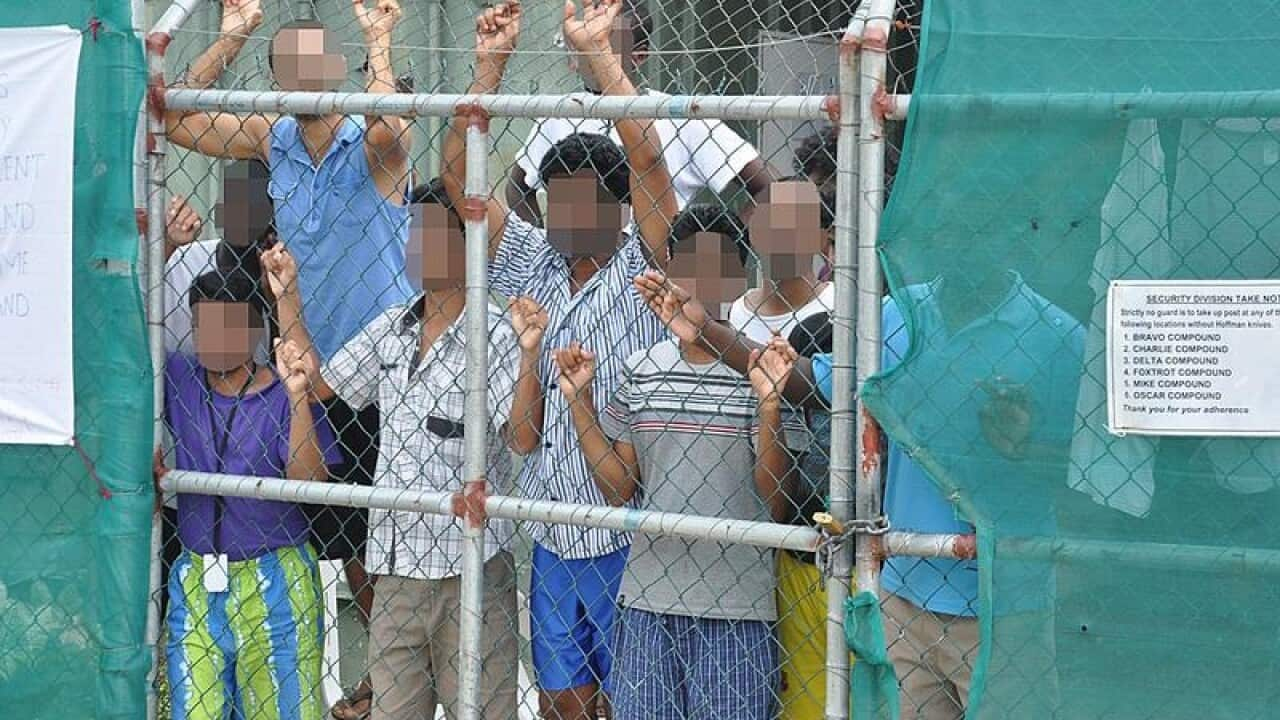Refugees being held on Manus Island and Nauru could be delayed entry to the United States after the country reached its annual intake.
The US this week tipped over the Trump administration's limit of 50,000 refugees, with more expected to trickle into the country but who face tougher restrictions, before the new intake begins in October.
US officials are vetting refugees on both Manus Island and Nauru to decide who they'll resettle in America under a one-off deal struck between the federal government and the administration of former president Barack Obama.
More than 1600 refugees have expressed interest in the resettlement deal, which is expected to offer up to 1250 places.
Close to 1000 detainees had completed their first interviews with US officials by late May, the vast majority of whom also had their biometric details collected.
Hundreds among the cohort had also undergone security screening and medical tests.
American officials have since said they won't be taking shortcuts in vetting refugees taken as part of the controversial deal, and do not have a specific timeline for vetting to be completed.
Adding some urgency to the deal is the looming closure of the Manus Island refugee processing centre which will shut down at the end of October, with building decommissioning works well underway.
The capacity of a nearby Manus Island refugee transit centre is being rapidly expanded ahead of the processing centre's closure.
In relation to contingency plans for anyone not accepted under the US deal, the department says refugees on Nauru have the option of staying there for up to 20 years, or volunteering for resettlement in Cambodia.
Refugees on Manus Island could settle in Papua New Guinea, while anyone found not to be in need of international protection would be expected to return home and given assistance to do so.
There are roughly 800 people being held in offshore immigration compounds on Manus Island.
Australia will remove itself from the process on August 31, meaning no more help for refugees returning to their home countries voluntarily from then.
The immigration department says the US considers refugees as cases which can comprise a nuclear or extended family group, or an individual.
The most vulnerable refugees will be given priority, with an initial focus on women, children and families.
Australia has begun a refugee screening process for seven cases - 30 individuals in total - for potential resettlement from Central America in relation to the US deal.









